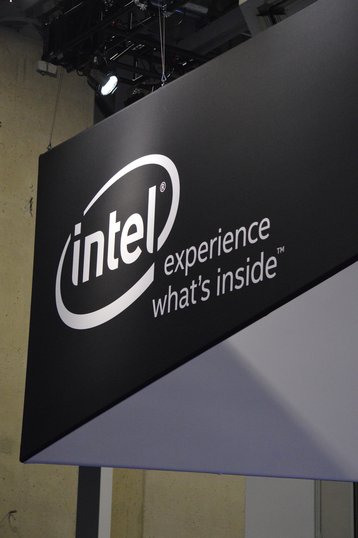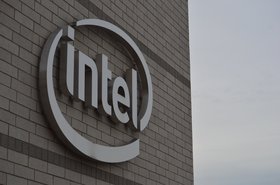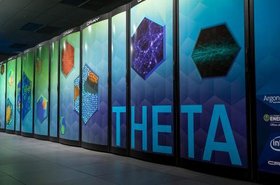Intel will acquire Israeli chip manufacturer Tower Semiconductor for $5.4 billion.
The acquisition comes as Intel ramps up its foundry business, pitching itself as a contract chip manufacturer for its customers and rivals.
“Tower’s specialty technology portfolio, geographic reach, deep customer relationships and services-first operations will help scale Intel’s foundry services and advance our goal of becoming a major provider of foundry capacity globally,” Pat Gelsinger, Intel CEO, said.
“This deal will enable Intel to offer a compelling breadth of leading-edge nodes and differentiated specialty technologies on mature nodes – unlocking new opportunities for existing and future customers in an era of unprecedented demand for semiconductors.”
Tower is particularly active in the radio frequency (RF), power, silicon-germanium (SiGe), and industrial sensors markets. It has foundries in the US and Asia, and offers more than 2 million wafer starts per year of capacity.
It focuses more on older process technology, with products ranging from 0.8-micron transistor sizes down to 45 nanometers. This is similar to its larger rival GlobalFoundries, which Intel is thought to have considered acquiring last year - only for the business to go public.
“With a rich history, Tower has built an incredible range of specialty analog foundry solutions based upon deep customer partnerships, with worldwide manufacturing capabilities,” Russell Ellwanger, Tower CEO, said.
“Together with Intel, we will drive new and meaningful growth opportunities and offer even greater value to our customers through a full suite of technology solutions and nodes and a greatly expanded global manufacturing footprint. We look forward to being an integral part of Intel’s foundry offering.”
The transaction is expected to close in around 12 months, and has been unanimously approved by Intel’s and Tower’s boards of directors. It is subject to the usual regulatory approvals and customary closing conditions, as well as the approval of Tower’s stockholders.
Intel's foundry business launched last year and has a few small deals with Amazon, Qualcomm, and the Department of Defense. But the company hopes to plow tens of billions into building foundries, and believes that it can compete with the more technologically advanced TSMC by offering a combination of x86, Arm, and RISC-V.




